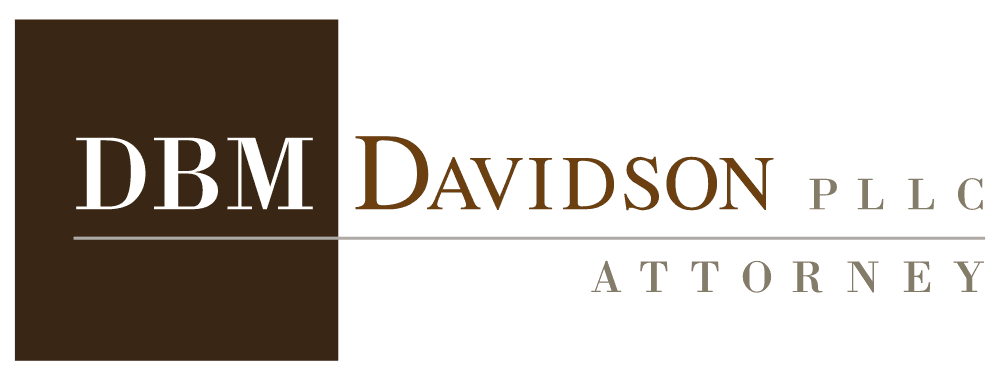A Chapter 12 bankruptcy, also known as a family farmer bankruptcy, provides debt relief options to a distressed farm operation. Under Chapter 12, the bankruptcy law grants special protections to allow family farmers to beat the odds during tough times, and protect their farms and their families while debts are restructured under a court approved repayment plan.
These special protections include not only an automatic stay that protects the family farmer; it also includes an automatic stay against collection actions against family members, friends or others that cosigned on loans for personal, family, or household purposes. Unless the bankruptcy court authorizes otherwise, no creditor may seek to collect a consumer debt from any individual who is liable with the family farmer.
Although there have been very few Chapter 12 filings in Washington and Idaho over the past several years, the continuing drought and extreme heat are reducing many yields while grain prices continue to decline with near-record foreign production. And the lack of snowpack in the Cascades has depleted water supplies for irrigated crops, sometimes resulting in partial water distributions to the holders of junior water rights.
Farmers are a tough breed, and we’ve seen some operators make it from year to year under impossible circumstances. Still, even the best farmers can be pushed to the point of losing everything if they can’t maintain production, and their lenders refuse to support ongoing operations. If there is no other option, a Chapter 12 bankruptcy can help a farmer relieve and restructure their debt while continuing to operate their farm.
Who Can Qualify For Chapter 12?
To qualify for a Chapter 12, an individual farmer must generate at least half of their gross income from the farm, and at least half of their debt (other than home loans) must be farm-related. A corporation, limited liability company or partnership can be eligible to file Chapter 12 if over half of the business is owned by one family (including relatives); the family conducts the farming operation; and more than 80% of the business assets are related to the farming operation. In either an individual or a business case, the total debt must be less than $4,031,575 to be eligible for Chapter 12 relief.
Making A Plan
Most often, a Chapter 12 bankruptcy is used to restructure debt under a three to five year repayment plan that is funded by continued farm operations. A Chapter 12 plan may also allow a farmer to “cram down” secured debt by paying creditors the value of their collateral to satisfy their secured claim, while treating any balance as unsecured. Although the plan must pay creditors at least what they would receive in a Chapter 7 case, unsecured creditors often receive a fraction of what is owed. And unlike a Chapter 11 plan, a Chapter 12 plan does not require a family farmer to contribute new money or property to obtain confirmation of a plan over the objection of creditors.
If Help Is Needed
When hard work is not enough, and legal protection is needed, Chapter 12 provides effective relief for a farm operation that needs to restructure outstanding debts under court supervision, while preserving the farm for their families and for future generations. If help is needed, the attorneys at Davidson Backman Medeiros PLLC are available for a confidential consultation regarding the debt relief options that are available under Chapter 12.
About Davidson Backman Medeiros PLLC
Davidson Backman Medeiros PLLC helps individuals and farmers file for bankruptcy under Chapter 12 in Spokane, Seattle, and throughout Washington and Idaho. We’d appreciate hearing from you with your comments and suggestions.
Please connect with us: Facebook Twitter LinkedIn
